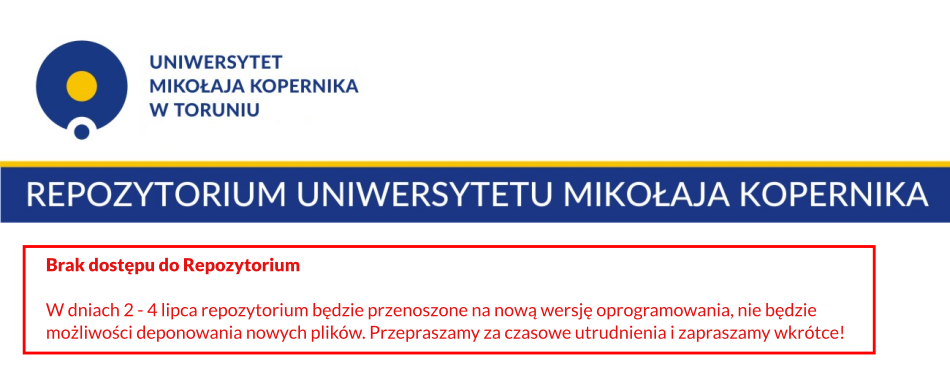| dc.contributor.author |
Kola, Anna Maria |
| dc.date.accessioned |
2017-02-15T12:18:34Z |
| dc.date.available |
2017-02-15T12:18:34Z |
| dc.date.issued |
2016 |
| dc.identifier.citation |
Studia Edukacyjne nr 38, 2016, pp. 265-278 |
| dc.identifier.issn |
1233-6688 |
| dc.identifier.other |
DOI: 10.14746/se.2016.38.16 |
| dc.identifier.uri |
http://repozytorium.umk.pl/handle/item/4059 |
| dc.description.abstract |
Singapore brings together representatives of different cultures. Currently, 76% of the Singapore population is Chinese, 14% - Malay, 8% Hindu. All of them (with the rest 2%) have a possibility to participate in one of the best education models in the world. However, education and other political institutions are assessed in an ambivalent way. The article will address these controversies, including the Confucian thought of self-improvement and Peranakan Chinese as an example for the hypothesis. |
| dc.language.iso |
pol |
| dc.publisher |
Adam Mickiewicz University Press. |
| dc.rights |
info:eu-repo/semantics/openAccess |
| dc.subject |
multiculturalism |
| dc.subject |
education |
| dc.subject |
Confucianism |
| dc.subject |
Singapore |
| dc.subject |
Peranakan Chinese |
| dc.title |
Edukacja w/ dla wielokulturowości. Casus Singapuru |
| dc.type |
info:eu-repo/semantics/article |

